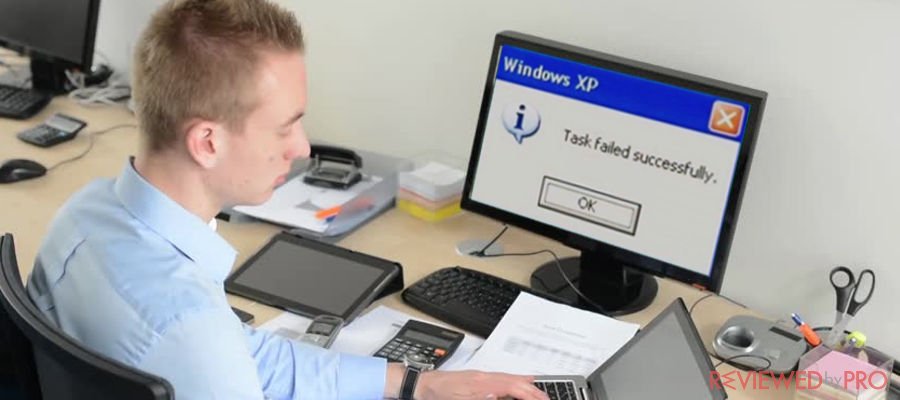It is difficult to find a person who isn’t afraid of cyber infections. Malware can do a lot of nasty things to your device, which can result in an identity theft or monetary loss. In fact, if you don’t have a reliable anti-malware tool, you can suffer a lot of damage. In order to know whether your computer is infected, you can look for clues that would tell you this quite clearly.

Of course, the best solution is downloading reputable anti-malware software and scanning the computer for threats – this would clearly show whether you have any infections.
- A new browser page
If you notice a new homepage when you open your browser, you have a browser hijacker. It might have been downloaded together with some bundled software or by a malicious Trojan.
A change of a home page is not the only thing that you should worry about when you get a browser hijacker. Sometimes it can be malicious, containing spyware and infecting your computer with more malware like keyloggers. Additionally, it can look for information on your PC like banking details or personal data.
- The computer becomes slower
When you have malware on your computer, the overall system performance becomes much slower. You might have problems with the PC performance when turning your device on. Additionally, your Internet speed might decrease, making it more difficult to browse or download files normally.
- PC freezes and crashes
If your computer or any of your applications regularly freeze or crash, something is wrong with the system and you should not ignore it. There is a chance that some of your software is incompatible and this causes the malfunction, but you might as well be infected with malware.
- Unusually high CPU usage
First of all, if you notice that the PC is very slow, check the CPU usage of the computer. If it is unusually high, you might consider running a malware scan.
- Weird computer activity
If you see some applications that start or close automatically, get worried – this shouldn’t be happening! The same goes with the appearance of weird windows during the PC boost. Don’t forget suspicious errors and pop-ups that come out of nowhere.
Pay attention to new icons that appear on your desktop. These may indicate malicious background activities.
However, all of these things might be a simple technical malfunction, but you have to check for malware just to be on the safe side.
- A lot of advertisements
If you notice an unusual number of advertisements showing up on your browser when you use the Internet, you most probably have adware installed without your knowledge.
Malicious ads can compromise your security quite a lot – they can drop viruses onto your system. You might get Trojans, worms, or even ransomware if you are not careful enough.
As it was written before, you should run a security scan if you notice even a slight malfunction. However, keep in mind that sometimes malware might not show any signs of activity at all. Keep a good security tool on your system and let it scan your computer regularly in order to detect threats before they get the chance to cause harm.




